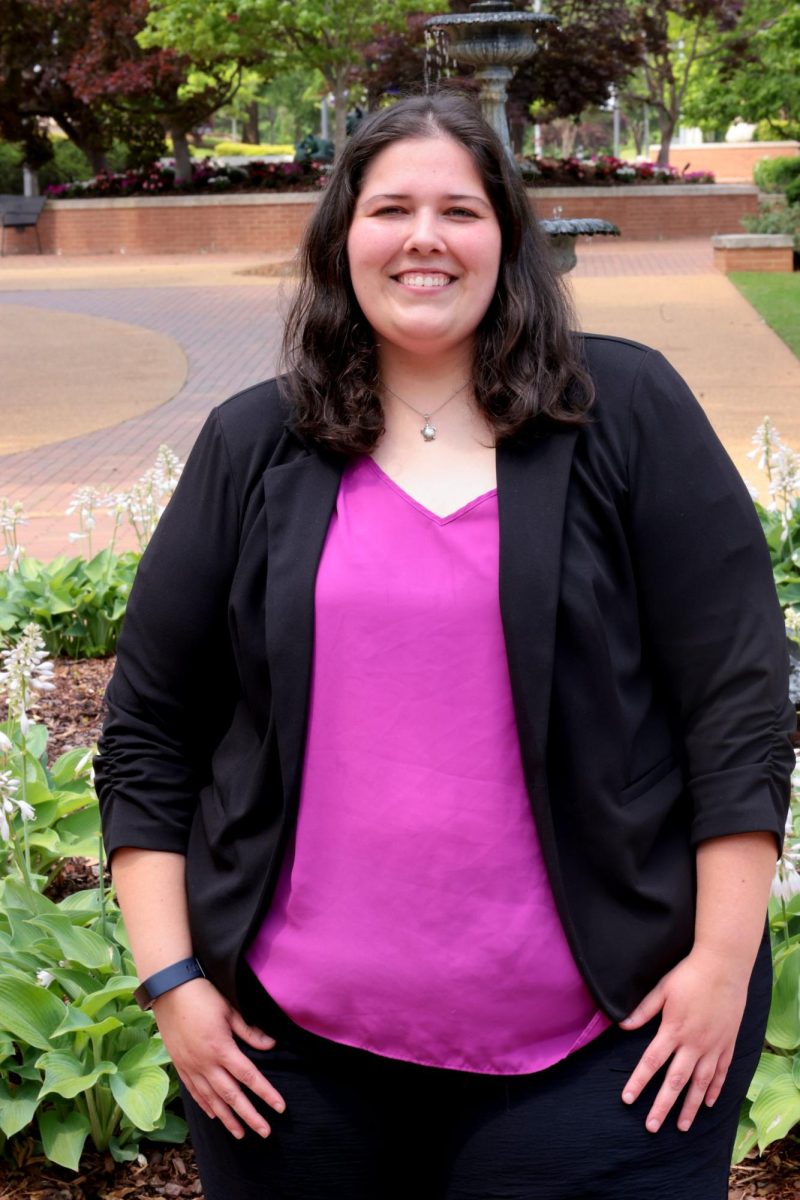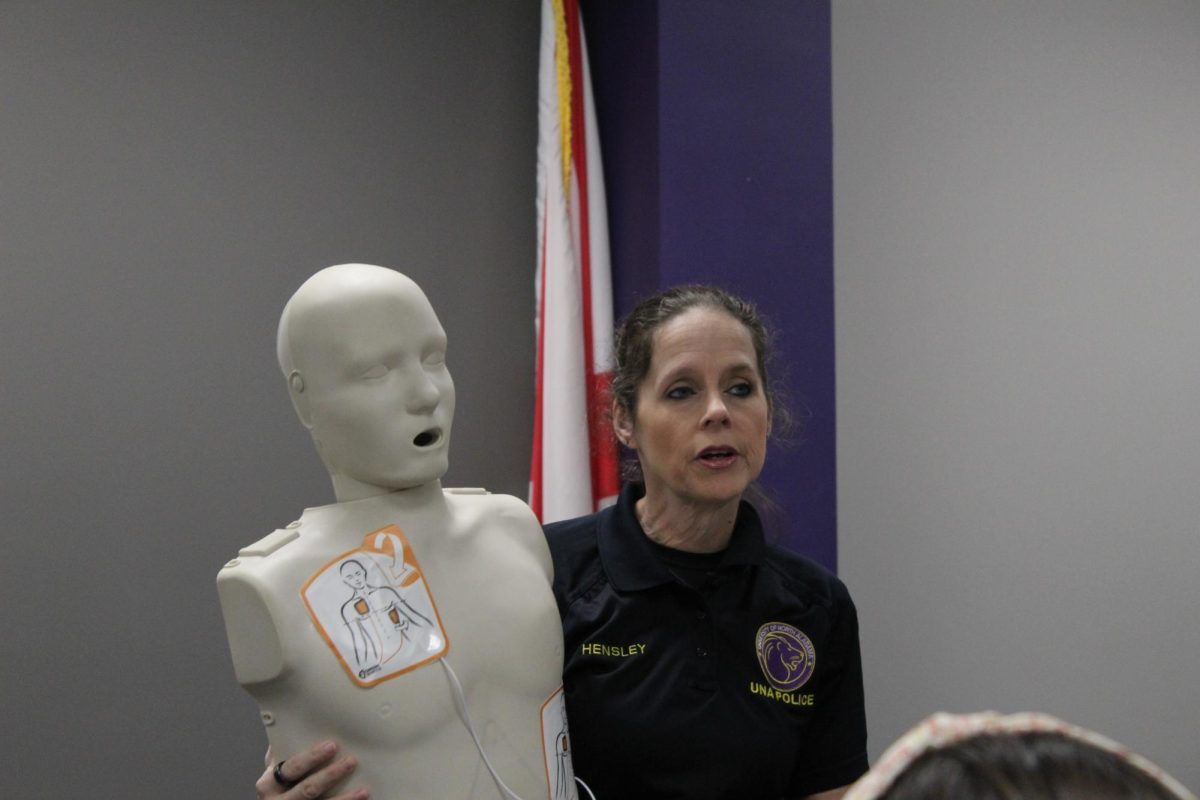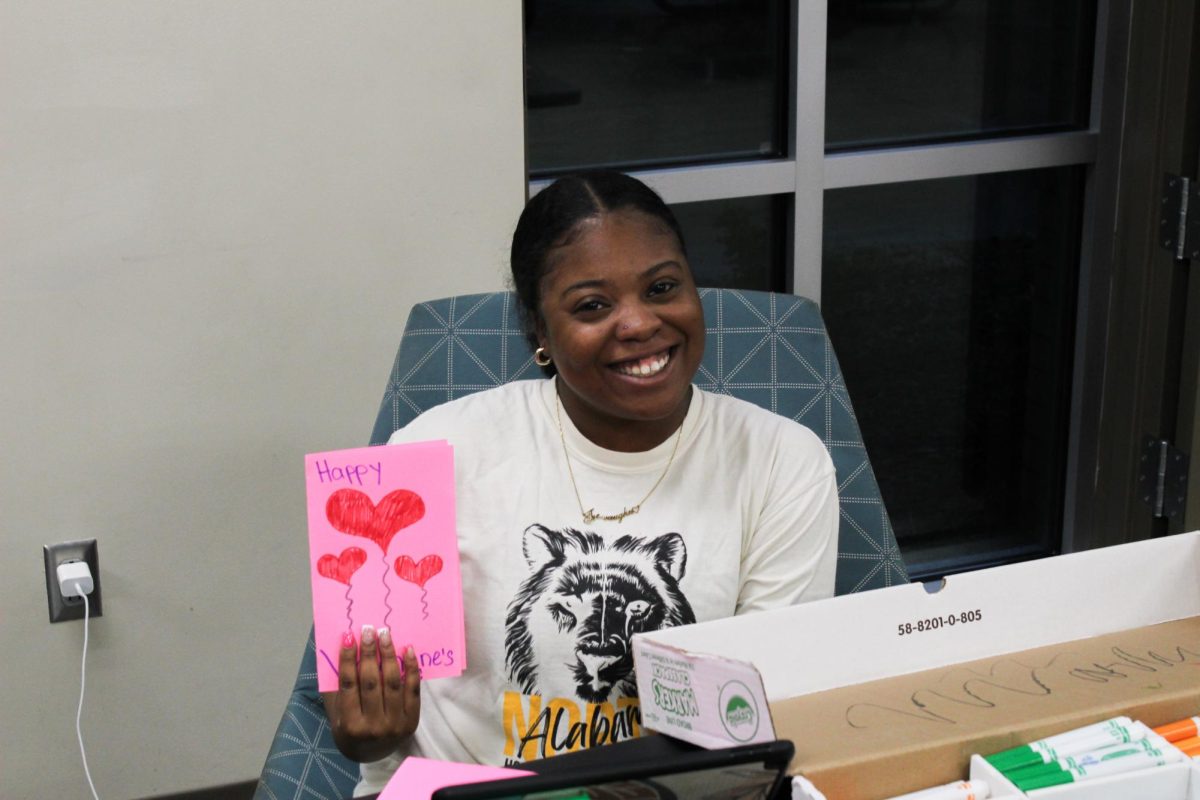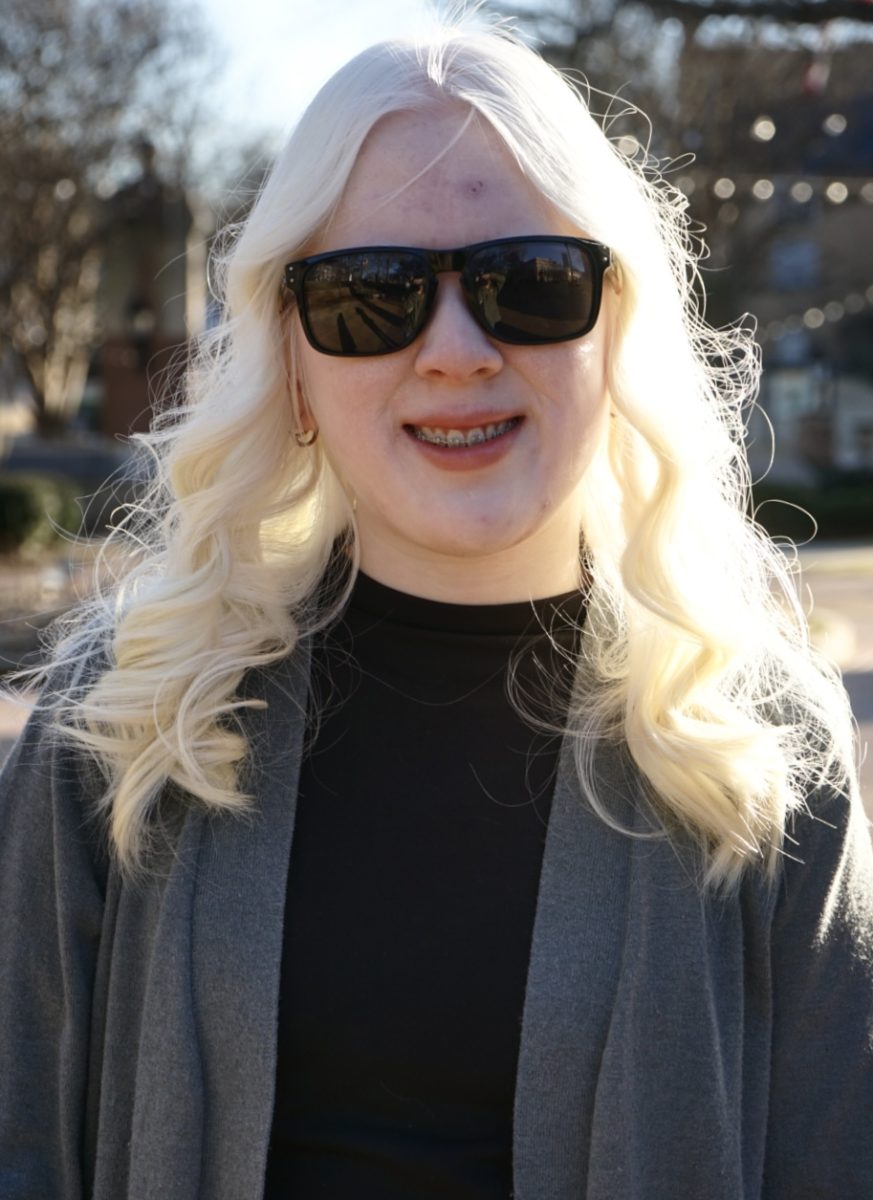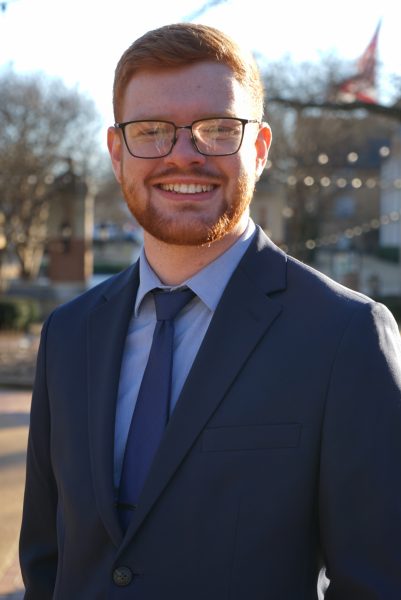The Florence Police Department has been working with a new face in the office this semester. Monique Irizarry, an undergraduate social work major at the University of North Alabama, has been working with the FPD in their Community Oriented Problem Solvers (COPS) division to help members of Florence’s homeless population get back on their feet.
Irizarry, a native of Muscle Shoals, is in the process of finishing her last semester as an undergraduate student. She began working with the police at the start of this semester, primarily helping them through the efforts of their Community Lauderdale Identification Program (CLIP), which serves to help unhoused individuals get their government identification documents. She also works with them to help find housing and employment after the process.
The journey to her current career path has not been straightforward. When Irizarry first began her college years, her goal was to become a cardiothoracic surgeon. After changing her major five times, she landed in the field of Social Work.
“I had to reflect and realize that, at my core, I just want to help people,” said Irizarry. “That sounds cliché, but, in doing what I’m doing now, there is just no doubt.”
One of her favorite aspects of her job is getting to work directly with the people she is helping — being the boots on the ground in her field of Social Work. Though Irizarry enjoys working face to face with people, she also hopes to be involved in academic research to help promote changes in policy to help support others on a larger scale.
“I really love engaging with them firsthand, making those connections,” she said. “Their stories — they stay with you. Then I’m able to take that and build on it with research.”
Irizarry believes knowing people personally is a critical component of research. Without that personal knowledge and research, our communities cannot begin to effectively change policy and legislation.
UNA’s Department of Social Work has been instrumental in helping Irizarry find success.
“They have been more supportive than I have ever experienced in any other area,” she said. “There was just something about the professors that made me feel like I am exactly where I am supposed to be.”
Irizarry says that the academic aspects of her studies in the department have been crucial for her development as well.
Classroom experience gives social work students the opportunity to practice engaging with people and assessing their circumstances, as well as teaching theoretical aspects of the field.
According to Irizarry, many people do not understand the wide array of reasons for homelessness. She says many factors can contribute to the scenario, such as family relationships, substance abuse, legislative policy and more.
Combining her knowledge with her newfound experience in working with the police, Irizarry says many people judge the homeless unfairly, while failing to consider the unique story of each individual.
“They are in that situation because of so many different factors,” she says. “That’s what [Social Work curriculum] teach[es] us.”
Irizarry’s internship supervisor and professor, Douglas Brown, has also played a role in helping support her through her college career.
“[Professor Brown] really made an impact on me. He took his time in our class and he empowered me to feel like I could make a difference,” said Irizarry. “I wanted to help people, but I thought, ‘What can I do?’ He really honed those skills and gave me the confidence that I needed to feel like I could be of value and make an impact.”


